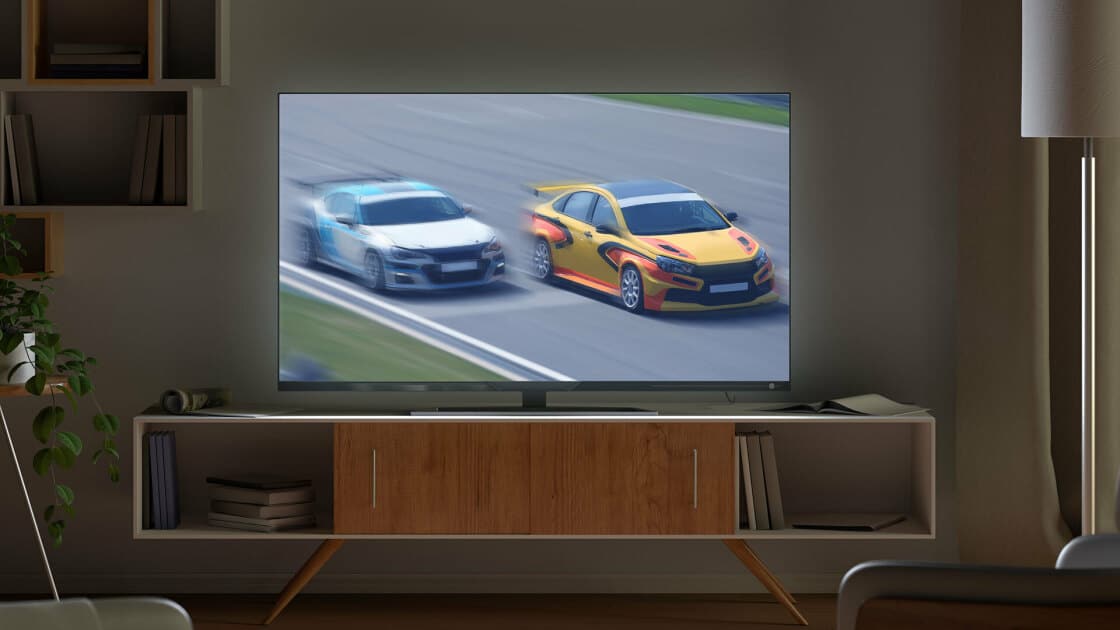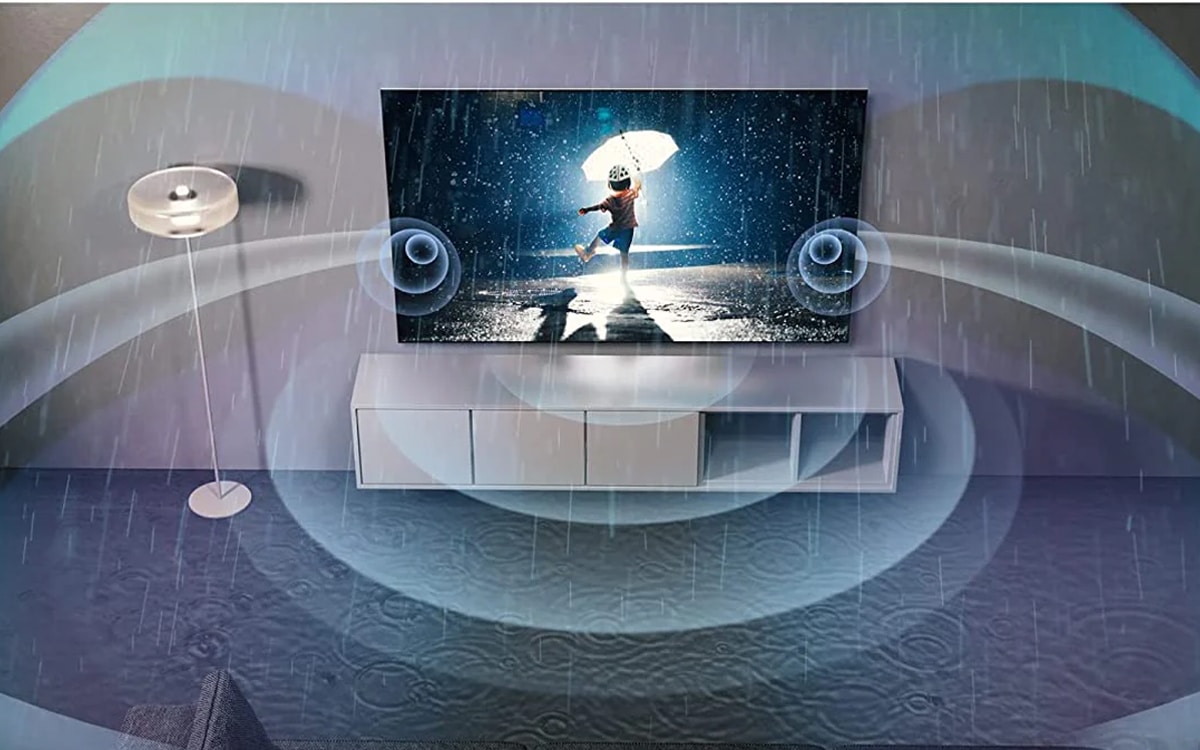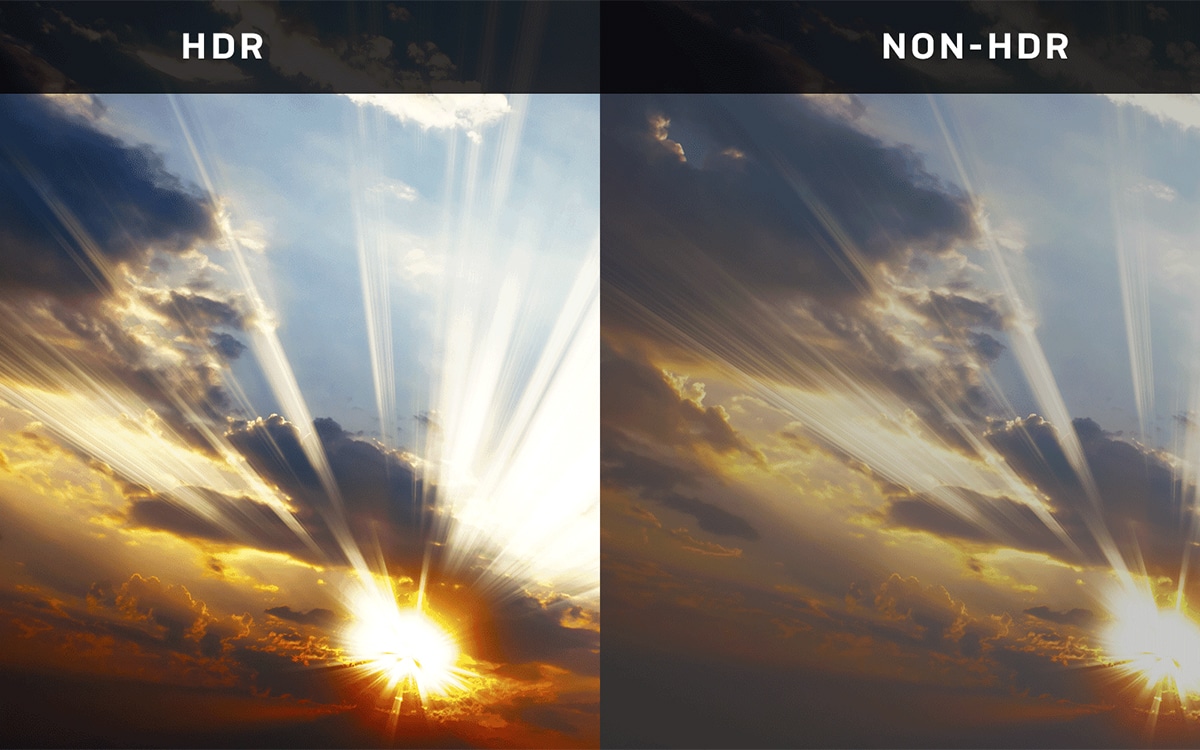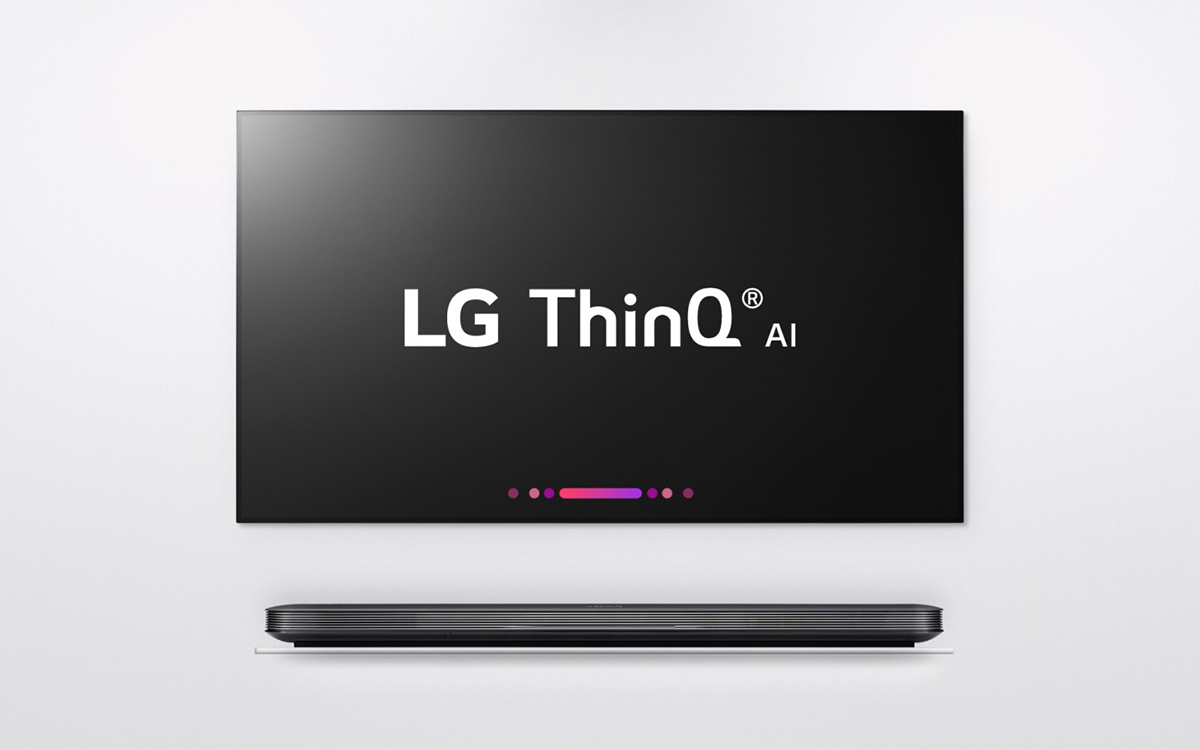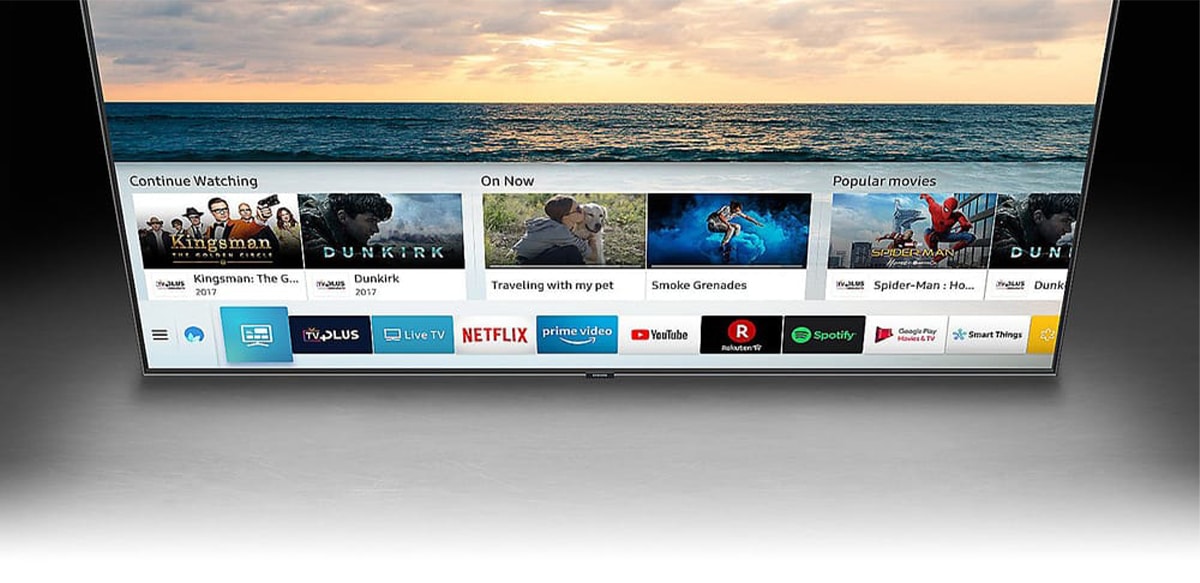Here at Reliant, we have numerous years of experience with TVs and their improving technologies. If you want to find out what a refresh rate is, and why it should matter to you, then you’ll want to stick around!
What Does ‘Refresh Rate’ Refer To?
Put very simply, the ‘refresh rate’ of a specific TV refers to how quickly the screen is able to generate new images. To make refresh rates easier to understand, it’s useful to think about how film technology actually works.
When a film is recorded, a camera is actively taking a set number of photos every few seconds. When these photos are played in succession, it creates a sense of motion. Of course, the more photos, or ‘Frames’, there are in a piece of footage, the more fluid and smooth the motion appears.
This logic also applies to refresh rates. If your TV is able to create more new images in a short space of time, then any motion it displays will look much smoother.
In order to display footage with a high refresh rate, your TV not only needs a compatible screen that can refresh the image quickly but also a fast processor, so that the TV can take specific footage and then render appropriate images as needed. If you want a TV with a great refresh rate, then we recommend a 4K TV or 8K TV. These two types of UHD displays often make use of high refresh rates to make images look even better!
What Does ‘Hz’ Refer To?
‘Hz’, pronounced as ‘Hertz’ are the unique units of measurements used to determine the refresh rate of a TV. Let’s say you had a smart TV that was labelled as 120Hz. This would mean that the TV is able to refresh the image on the screen 120 times every second.
Early TVs had slightly lower Hz, with many CRT TVs boasting only around 50 Hz. However, nowadays, the lowest standard tends to be around 60Hz. This is a very solid refresh rate, as our eyes can only see at a rate of 60Hz.
TV refresh rates simply refer to how quickly a screen is able to ‘refresh’ itself and render new images. Generally, most TVs make use a 60Hz refresh rate, which is comfortable on the eyes.
Some TVs offer refresh rates at around 120Hz, which is double the 60Hz standard. Despite our eyes not being able to see faster than 60Hz, it is still a distinct difference, with motion looking much more lifelike. However, it is worth keeping in mind that, the higher the refresh rate, the more expensive the TV will be.
What Is The Difference Between Refresh Rate And Frame Rate?
Many people often find themselves unsure of the distinct difference between refresh rate and frame rate. Frame rates are most often mentioned by gamers, who seek much higher “Frames per second”, in order for the motion in games to appear much smoother. Both refresh rate and frame rate sound very similar, but they actually differ very much depending on the hardware being discussed.
“Refresh rate” refers to how often a TV screen is able to refresh itself and display new images on the screen, while “Frame rate” instead refers to how quickly a device is able to render new frames within a second. This is why frame rate is most often used in relation to video games. The more powerful the console is, the more capable it is of rendering new frames every second.
Though these terms do refer to very different things, it is very important to take them both into consideration, especially when it comes to choosing the best TVs for gamers. If your TV does not have a high enough refresh rate, then it will not be able to accurately display higher frame rates from games. If your refresh rates and frame rates are incompatible, then you will likely encounter annoying issues like screen-tearing.
Why Does Refresh Rate Matter?
Film And TV
Whether or not refresh rates matter to you will largely depend on what exactly you plan to use a specific TV for. If you are planning on watching films or TV shows, then lower refresh rates, such as 60Hz may be more than sufficient. This is because most major films play natively at around 24 frames per second.
Live Sports
If you want to enjoy the best of live sports, then you will most definitely want to opt for a much higher refresh rate. Sports naturally move at a high pace, whether it be F1 races from across the world or big matches in important football tournaments. In order to keep up with the action, and stay on top of any game, you will want to make use of higher refresh rates.
Content that moves at faster speeds should be displayed on TVs with higher refresh rates, to allow for smooth motion that is easy on the eyes. You’ll definitely want a high refresh rate to enjoy the best of sports!
Higher refresh rates while watching sports events can make it all the more immersive. Smoother motion helps to blur the line between you and the actual event, allowing you to see the moment an F1 driver crosses the final line, or the exact moment a football careens past the goalie. Sports are all the more exciting with a higher refresh rate. You’ll be cheering harder than ever before!
Gaming
Refresh rate is also highly important for gamers. If you want to enjoy your games at silky smooth frame rates, then you will need to opt for a TV that is up to the task. Higher frame rates are crucial for online games, allowing players to make quicker decisions that help them to avoid defeat, and claim victory!

Frequently Asked Questions
Does 60Hz Vs 120Hz Really Matter?
If you footage on your TV to appear buttery smooth, then the difference between 60Hz and 120Hz can be very significant. It’s said that the eye can only process around 60Hz, but the difference between 60Hz and 120Hz is definitely noticeable. If you are planning on watching fast-paced content on your TV, then the difference in Hz definitely matters.
Do I Really Need A 120 Hz Refresh Rate TV?
If you are planning on watching live sports via your TV, then we would highly recommend opting for a 120Hz model. This higher refresh rate will mean the difference between blurry and indecipherable footage and clear and eye-popping footage that draws you even closer to the game at hand. This makes sports more enjoyable with friends!
What Is The Disadvantage Of 120Hz Refresh Rate?
One of the main disadvantages of a 120Hz TV is that it is very costly to run. 120Hz TVs are naturally more expensive thanks to the more advanced technology employed within them. 120Hz TVs also use far more electricity than 60Hz TVs, so they can very quickly ramp up an energy bill. Make sure to carefully consider these drawbacks!
Is 120Hz Refresh Rate Good For Eyes?
You might assume that a higher refresh rate might actually have a negative effect on the health of your eyes, but we can assure you that 120Hz will actually reduce eye strain! The reason for this is that the footage will appear more smooth, thus making it more comfortable for the eyes! The difference between 60 and 120Hz in that regard is very small, however.

